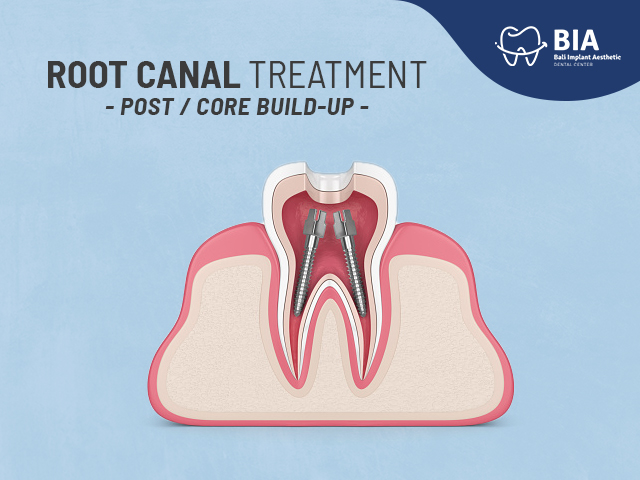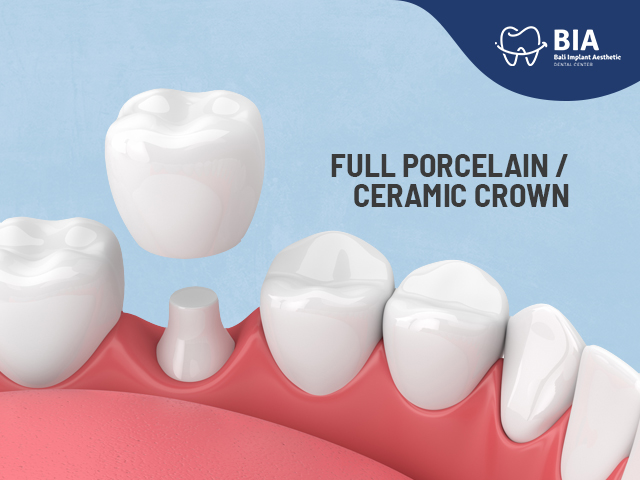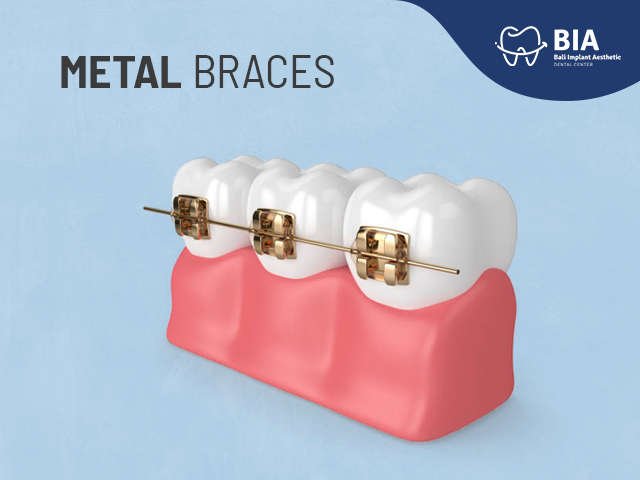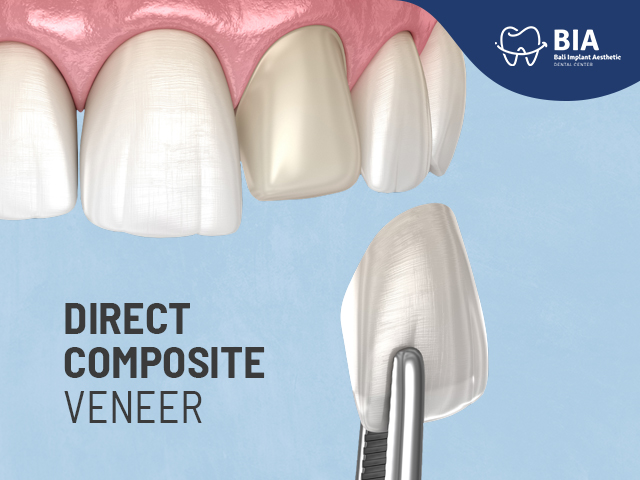Menopause and Decreased Oral and Dental Health
Article | 2020-11-30 01:49:20
Home » Articles » Menopause and Decreased Oral and Dental Health
Menopause and Decreased Oral and Dental Health
All women will experience menopause as the woman gets older. Menopause, as implied in its name, is the time the menstrual period ends and a woman's reproductive period ends.
Menopause, which is known as the end of menstruation or menstruation is often considered a scourge in women's lives. This period reminds him that he will grow old because his reproductive organs are no longer functioning. The root of worry or anxiety that often arises may be because women are no longer menstruating which means they do not have more children, but more on worries about other things that may arise when the reproductive period ends.
The average woman entering menopause is different for each race. Although in one race, it is not the same in everyone. For example, Asian women experience menopause at the age of 44 years, while European women are around the age of 47.
Women who are in the menopausal and postmenopausal phases are at risk of experiencing several problems in the oral cavity. Decreased reproductive hormones cause xerostomia in postmenopausal women. Xerostomia or dry mouth usually occurs in 20-90% of menopausal women. In menopausal women, the composition and decrease in salivary flow is highly dependent on the hormone estrogen.
Postmenopausal women are prone to tartar accumulation due to decreased saliva production. Hormonal changes that cause a decrease in the resistance of the oral cavity to respond to plaque and tartar.
In addition, diet (food intake) can also affect calculus that occurs. The first action that can be taken to prevent or at least control the formation of plaque is to limit foods that contain lots of carbohydrates, especially sucrose, soft foods and foods that easily stick to the surface of the teeth should also be avoided. Postmenopausal women over the age of 50 usually experience decreased appetite due to changes in taste, loss of many teeth, and physical limitations. So that it affects nutritional intake and the choice of the type of diet consumed. The soft texture of the diet facilitates plaque accumulation and calculus formation.
Daily cleaning of plaque by using dental floss (flossing), brushing, and using mouthwash are the best efforts to prevent caries and periodontal disease. But another theory states that elderly parents (50-65 years) usually also experience difficulty in oral cleaning procedures due to physical and physiological conditions that have experienced deterioration and limited mobility.
This shows that even though these postmenopausal women regularly brush their teeth twice a day, the result of getting older causes their motor skills to decrease, so that they are still at risk of poor oral hygiene.
Always consult your dental and oral health problems with the best dentists and dental clinics in Bali.
BIA Dental Center
Jl. Sunset Road No.86A, Seminyak, Badung, Bali Indonesia 80361.
+6282139396161




